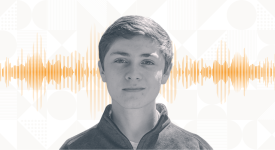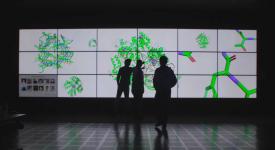The First Five Years, UT’s Online Master's Programs Cultivate a Growing Global Community of Technology Leaders

11/06/2024 - Five years ago, UT Austin launched the Master’s of Computer Science, creating online pathways to its high-caliber programs. Since then, the university has broadened its offerings to include online programs in data science and artificial intelligence, all now unified under Computer and Data Science Online (CDSO).











